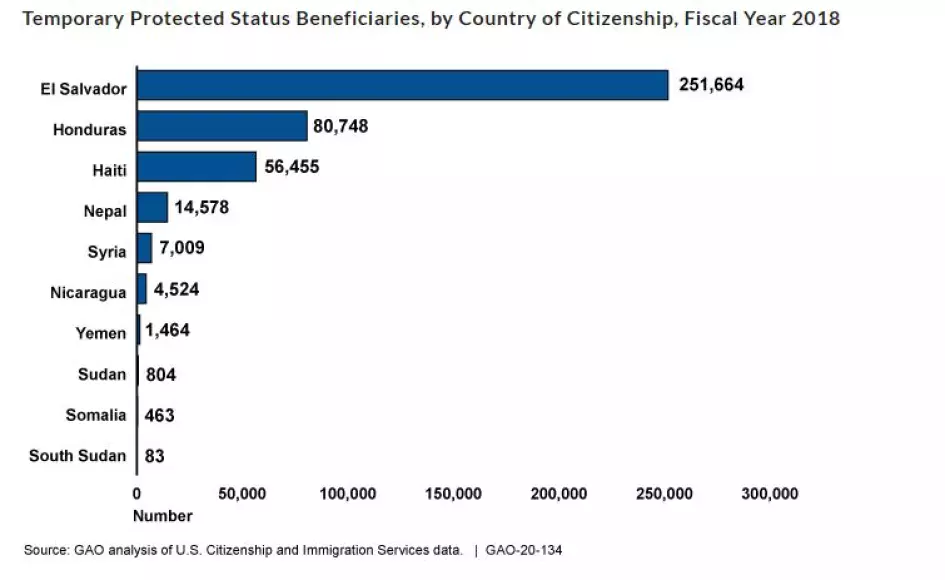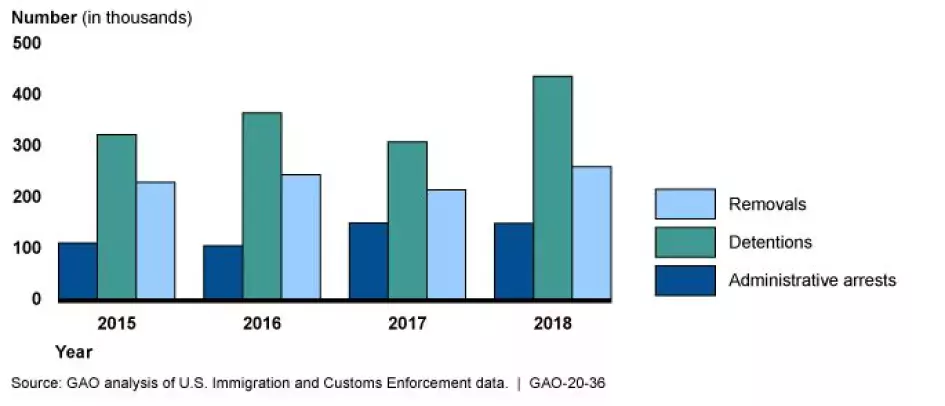
In February, President Biden proposed immigration reform legislation that would allow some noncitizens who do not have immigration status to become permanent residents and, ultimately, citizens. Proposed legislation would also make changes to the U.S. asylum system, which provides refuge for those unable or unwilling to return to their home country for various reasons.
As the President and Congress consider immigration reform, we highlight some of our prior work on immigration benefits and enforcement programs and ways to improve them in today’s WatchBlog.
Asylum and temporary protected status
U.S. immigration law allows noncitizens to legally seek travel to or remain in the United States, including various forms of humanitarian relief or protection from removal, such as asylum and temporary protected status.

Noncitizens granted Temporary Protected Status are authorized to work in the U.S. as long as their status lasts. However, the documents demonstrating work authorization to employers can expire. DHS gives extensions and has notified people about them in various ways, such as via notices in the Federal Register and mailed letters in some cases. But, not all of DHS’s guidance tells employers that these mailed extension letters are acceptable proof of work authorization, and some noncitizens have reportedly wrongly lost their jobs over this. As such, in a 2020 report, we recommended that USCIS update its guidance to consistently identify the ways it communicates extensions of employment authorization.
Immigration enforcement
U.S. Immigration and Customs Enforcement (ICE) conducts immigration enforcement actions, including arrests, detentions, and removals of noncitizens for violations of U.S. immigration law. In a December 2019 report, we found that the numbers of arrests, detentions, and removals of noncitizens varied during calendar years 2015 through 2018, and increased overall for the period.
Enforcement and Removal Operations Administrative Arrests, Detentions, and Removals, 2015 through 2018

Noncitizens who serve in the U.S. military—such as lawful permanent residents who are eligible to enlist—may also be detained and removed from the country for reasons such as controlled substance violations or conviction of an aggravated felony. Available data indicated that approximately 250 noncitizen veterans were placed in removal proceedings from fiscal year 2013 through 2018. In June 2019, we reviewed ICE’s process for handling cases of noncitizen veterans. We found that ICE did not consistently follow its own policies for veterans, which may have resulted in removing some veterans without the level of review and approval ICE required.
For more information on the enforcement programs under DHS and our recommendations, check our reports.